please hold...

please hold...

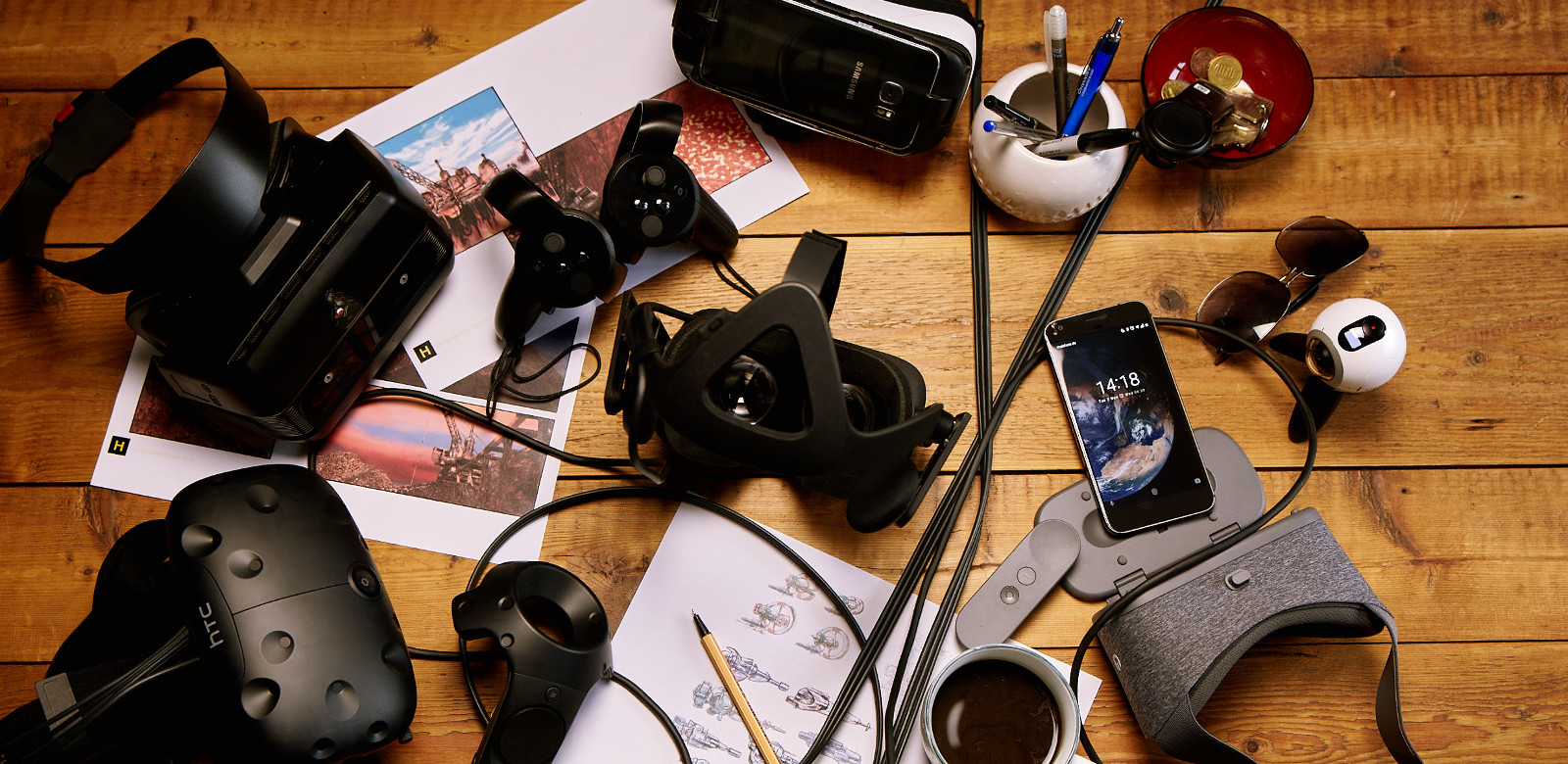
Virtual and Augmented Reality intrinsically changes the way we interact with computers. Check out the quote below for a metaphor
The possibilites are endless because these technologies impact every industry and vertical, whether that’s training and education or healthcare and transportation or filmmaking and advertising.
We are seeing big changes and we think you’ll love what's coming!
The mobile experience has revolutionised our daily lives. Untethered Virtual and Augmented Reality will do the same creating new ways to interface with the digital world.
The fourth wave of computing technology is here, and we are developing and publishing our own games and apps specifically for spatial computing.
Virtual and Augmented Reality is built on the foundation of 3D Graphics and CGI. We design, model, visualise, animate, rig and interface everything in-house.
Think holograms and the holodeck. We are closer than you might think. Capture the real world in all its glory to relive and receate it digitally.
Clay Bavor – VP, Virtual and Augmented Reality at Google
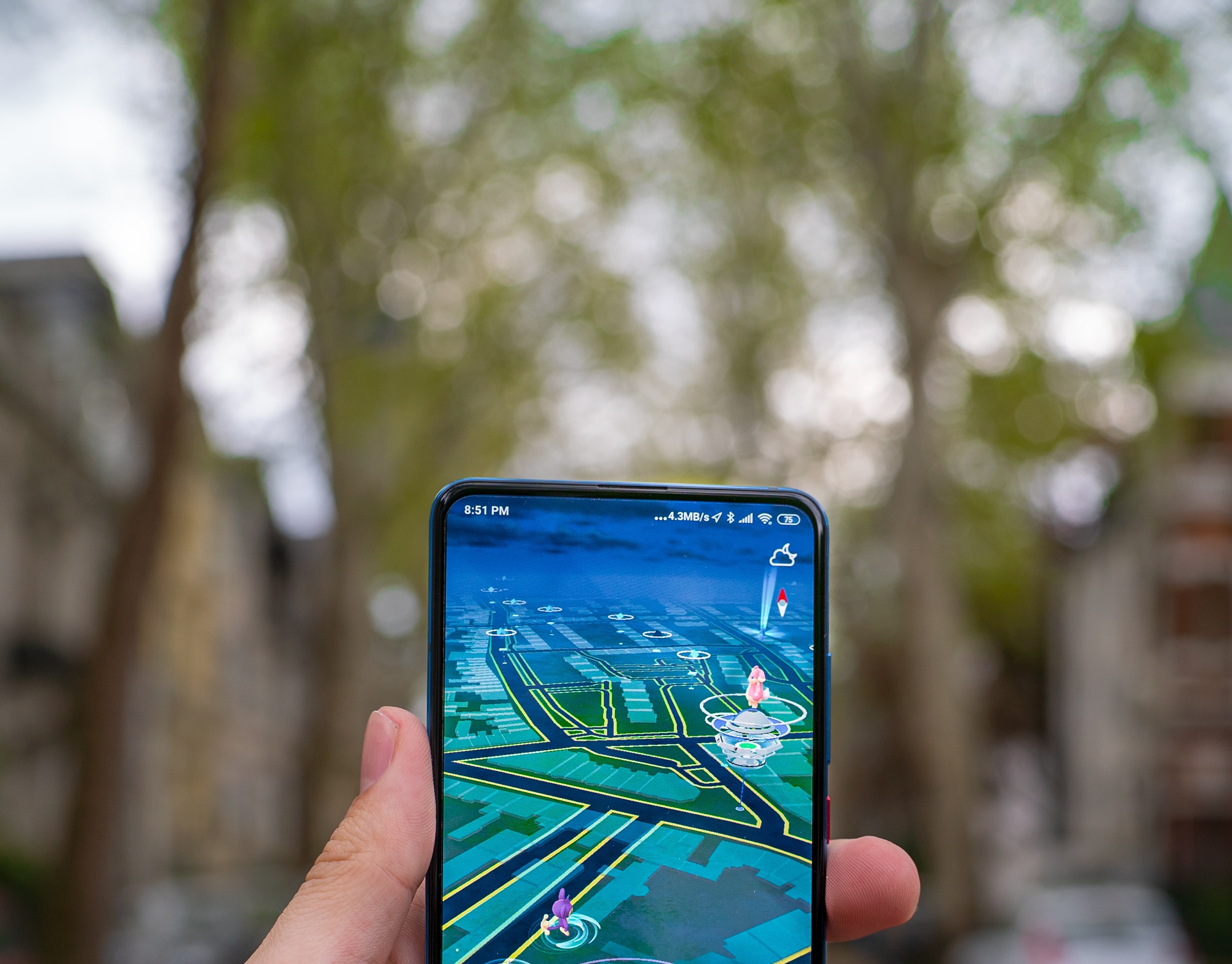

avid golfer

rhythm guitarist

sailor/pirate
To help bring about the mass adoption of Virtual Reality, we are focused on creating amazing apps for the social/casual market. Smartphones are our speciality!
This includes Entertainment, Marketing as well as Training/Education apps. We look to scale the experience for the largest consumer market.
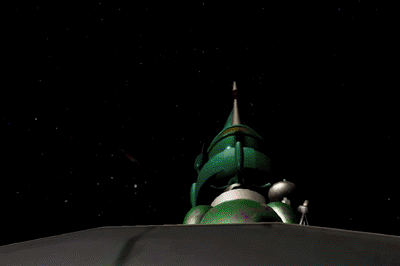
Our first title was released at the end of 2015 for the launch of the Samsung premium mobile VR handset powered by Oculus. Since then we have ported the title to Daydream and Viveport, a market that has more than doubled in less than a year to hit over 11 million devices by the end of 2017.
VR revolutionizes how we design architecture! Rather than having your clients trying to interrept 2d plans being able to place them in a high quality VR Arch Viz project of a yet to exist building or project, enables them instantly to grasp it's magnitude and look and feel.
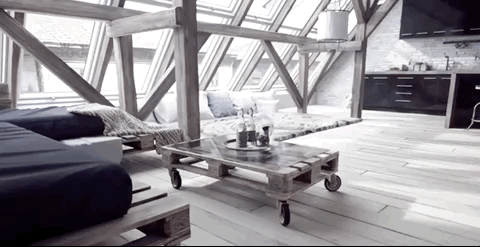
Being able to use motion controllers so users can pick things up and interract with them adds yet another level of immersion expanding the possibilities even further.
Using the highest quality lighting effects from Unreal Engine it brings your VR Architectural Visualization walkthrough to life!
One of the largest untapped markets for Location Based Entertainment!
When done right VR not only ehances event marketing programs, but it also signals to the consumer a forward-looking, community-orientated brand. It's a missed opportunity not to take advantage of these unique technologies.
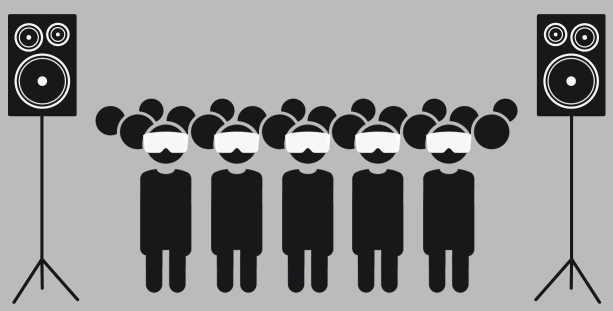
This ties in very closely to Mixed Reality Capturing for presenting to the widest audience possible.
Overlay a live filmed person and their actions in Virtual Reality and record the 3D modelled scene as the background. This is the easiest way to show someone VR without actually putting them in it.
This, in effect is a marketing tool to explain and show-off these technologies with traditional video formats. In this way any spectator can view the scene.
Using a green screen and camera tracking technology, it is possible to place anyone into a Virtual Environment. Interestingly, spectator VR can be achieved in the same way with built-in streaming functionality for e-sports.
Another method for introducing live streaming of people into VR includes sensor depth-mapping. This actually requires even less production time to set up.
The trends and forecasts reveal the future to be mobile and augmented. We are already contextualising the real world with data, Augmented Reality and Artificial Intelligence will play a big role in making sense of that informaiton.
It is a combination of computer vision, SLAM (simultaneous localisation and mapping), and natural language processing that will allow us to understand our environment more readily.
The first wave of mobile augmented reality (using camera phones to overlay 3D models, holograms and data on our handheld screen) is already available on over 400 million smartphone devices, and is projected to hit 2 billion devices by the end of 2018.
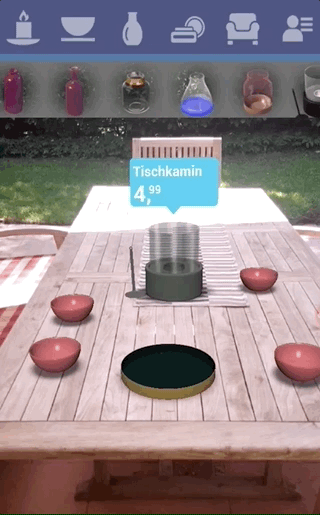
The use cases and examples are amassing, just check this YouTube playlist out for more on the fast growing options in this field.
The next waves of AR will be focused on smartglasses that are either tethered or untethered, however, there are specific hurdles that must be overcome. These include the low-cost production of optics, the issue of power for device efficiency and battery supply tech, and finally of course the glasses' form factor and its user interface.
When it comes to such user experiences in Augmented Reality one of the biggest unknowns is how users will engage with it. The Human Computer Interaction is moving beyond simple mobile touch interfaces to a more gestured and voice-based.
Digitising the 3D world is part and parcel of delivering on the promise of these technologies, which means being able to scan and/or replicate the real world.
It also means that this digtal data can be appropriated not only for virtual and augmented realities, but also delivered over the internet for browser viewing by creating a readily available online product catalogue.
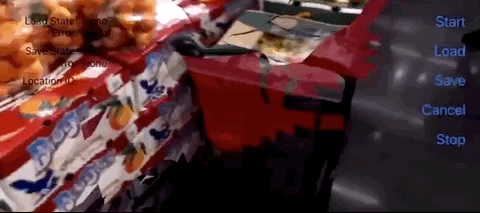
The trick here is how to optimise such data and visuals for VR/AR. This means building the right pipeline from model/scan to consumption and analysis.